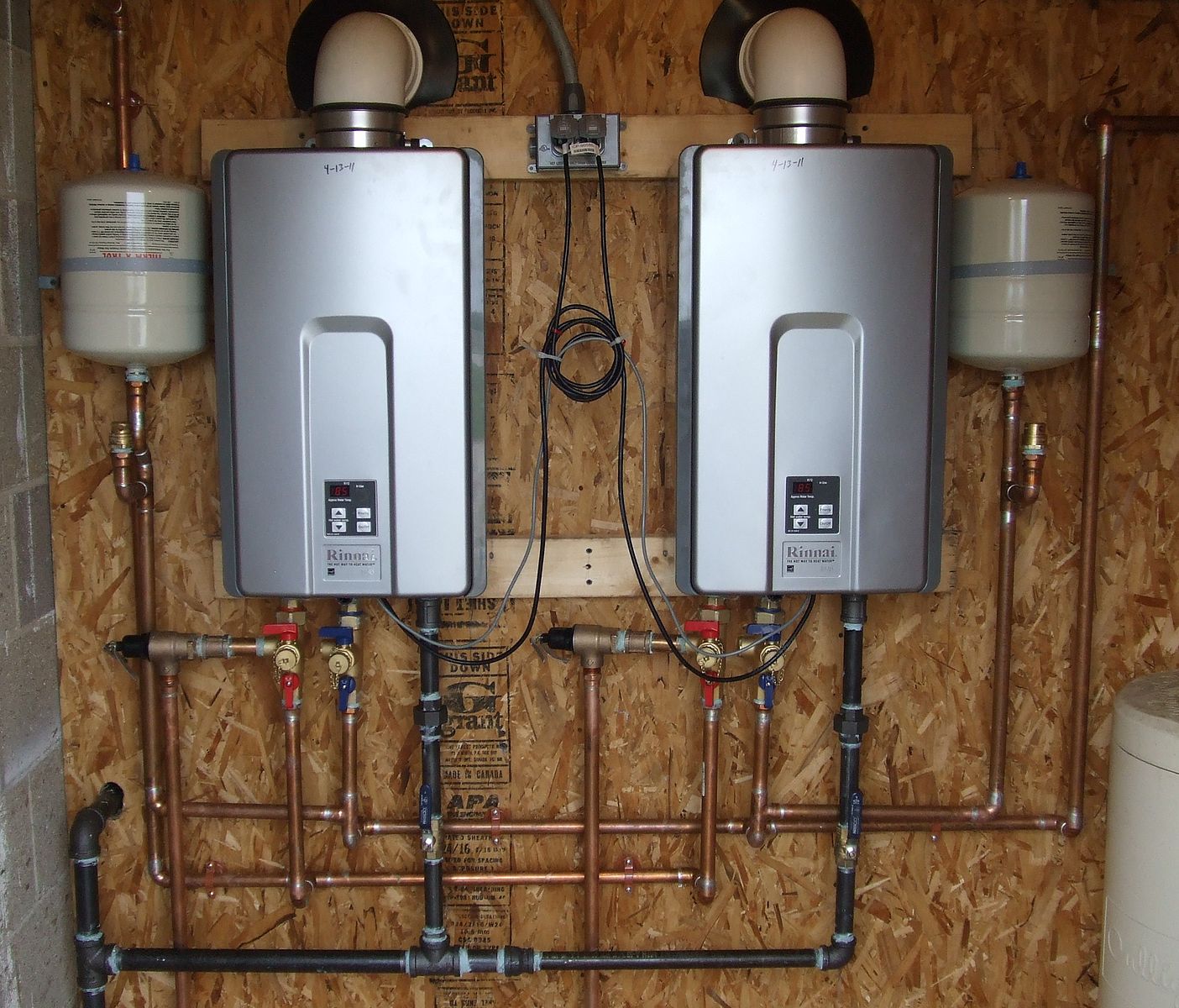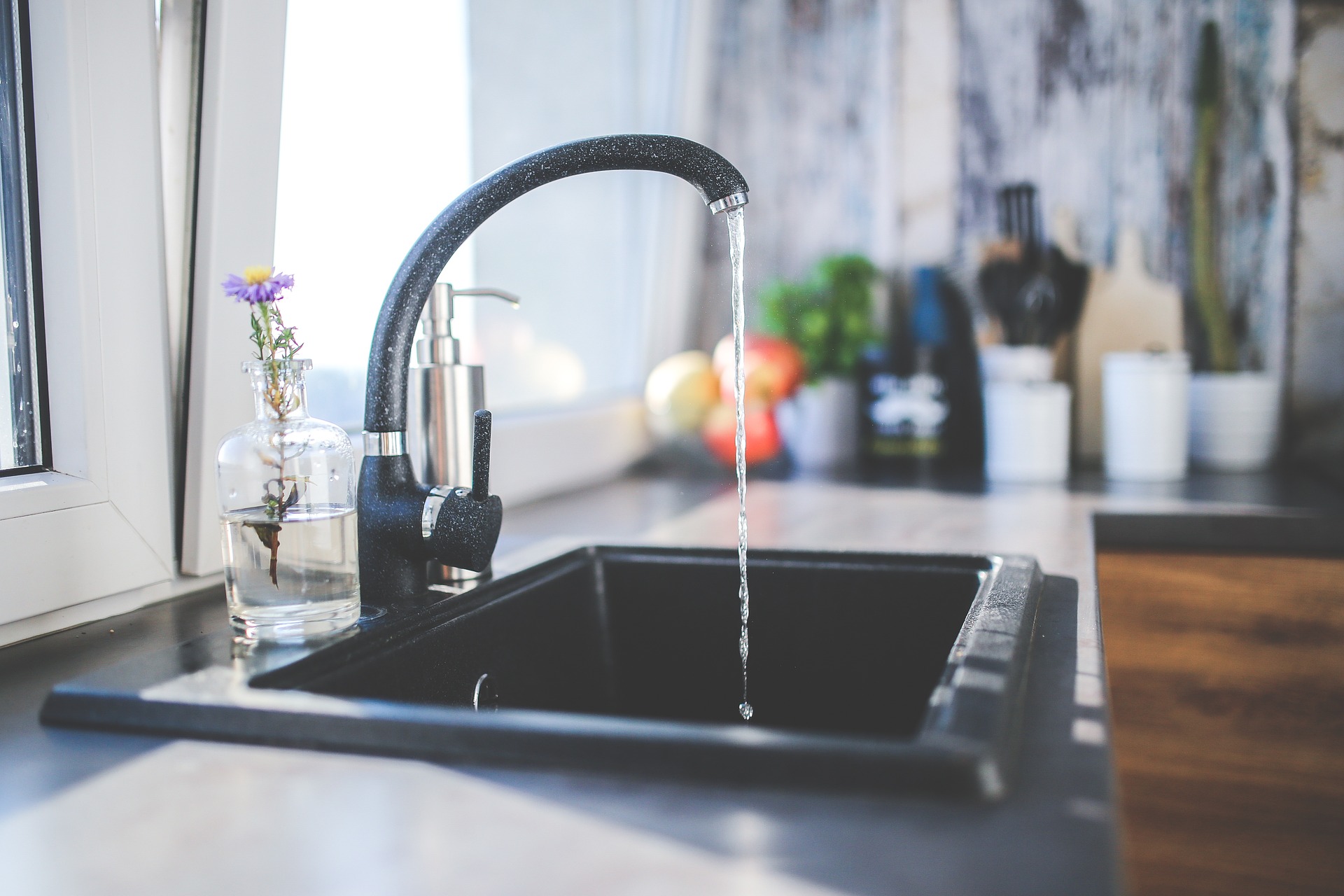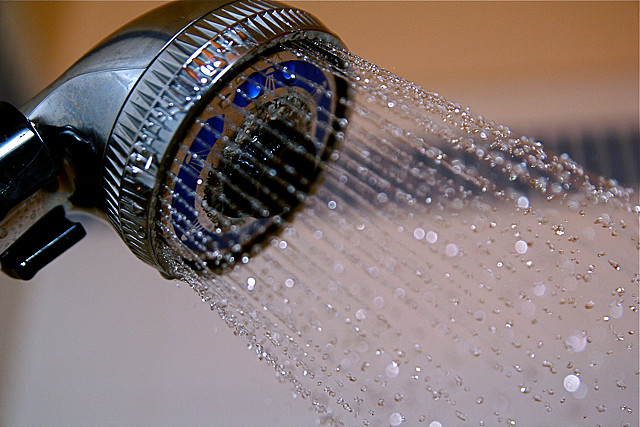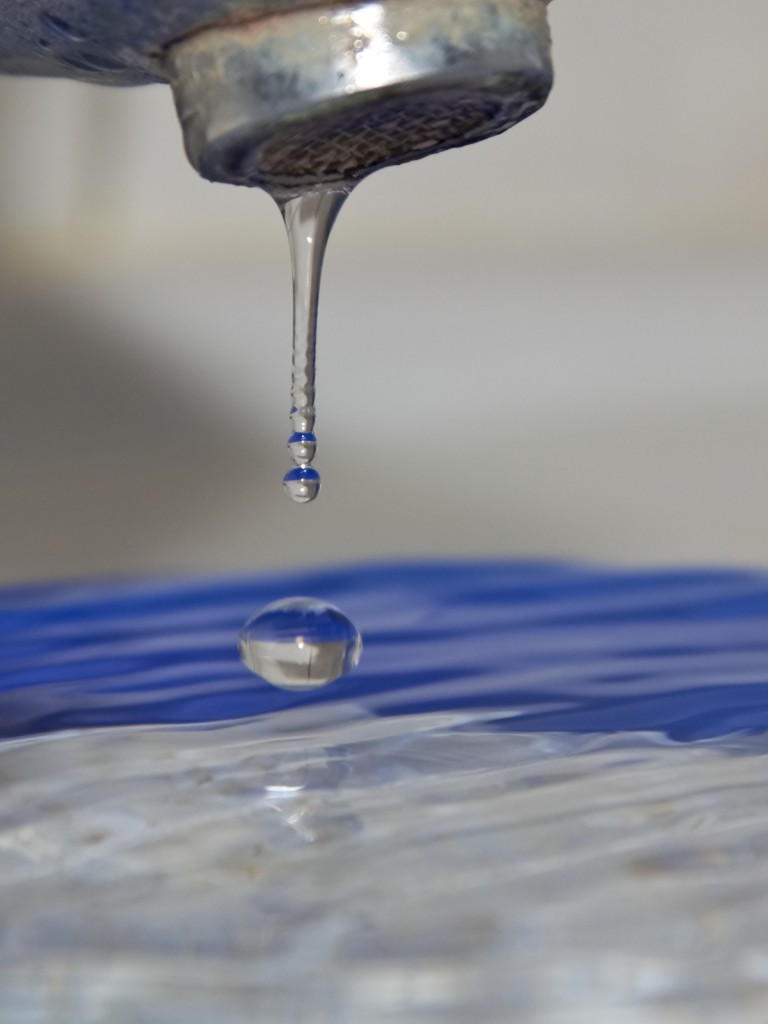What does it mea n to be tankless?
n to be tankless?
Tankless water heaters are the energy efficient way to go. These options heat water without the use of a tank, and gather their energy from either a gas burner or electricity. There are many benefits of not having a tank, like an endless supply of hot water and lower energy costs, but some cons can outweigh the pros. Use our checklist guide to gauge whether going tankless would work for your household.
Pros of Tankless Water Heaters
- Long-Lasting System. Tankless styles outlive traditional water heaters by a number of years. While a typical tank lasts from 10 – 15 years, tankless options can last up to 20.
- Unlimited Hot Water. Because water isn’t stored in a tank, the only water heated is the water being used at that moment. This means you can shower, run the dishes and a load of laundry, all using hot water, all at the same time.
- Lower Energy Costs. Going tankless means becoming more energy efficient and decreasing the energy costs of running your home.
- Save Space. The tank in traditional water heaters tends to be bulky (up to 60” in height and 24” in width) and can take up a lot of space. A tankless water heater has no tank and is mounted to the wall, therefore, giving you more storage space in your garage or utility room.
Cons of Tankless Water Heaters
- Upfront Cost. Upfront costs for tankless water heaters can be on the more expensive side, but may end up saving you money in the long run. These options are an important investment and can be well worth the cost. If it’s not in the budget though, this option may not be for you.
- Heating Time. Although you don’t have to wait for more than a couple of seconds, that may be too long for some households. Hot water doesn’t flow immediately, like in a tank heater. In a tankless model, a flow sensor has to activate, a fan turns on, then the burner turns on to heat the water. Another issue, from time to time, is the “cold water sandwich.” If cooler water is lingering in your pipes, you’ll get a moment of cold water, while the fresh hot water starts its journey through your plumbing.
Contact The Plumbing Experts!
Still not sure whether to go tankless or not? Contact
the professionals at Progressive. We’re experienced in installing water heaters of all shapes, sizes and varieties, and will help match you with the perfect system for your Triangle home.
 At Progressive Service Company, we specialize in water heating repairs and replacements. Of course, we’re here for when your water heater decides to quit, but how can you be proactive about noticing it before it stops completely? The last thing you want is for your water heater to fail unexpectedly, which can cause damage to your home. A busted water heater can cause soggy carpets, extensive water damage, not to mention the interruption to your daily routine!
At Progressive Service Company, we specialize in water heating repairs and replacements. Of course, we’re here for when your water heater decides to quit, but how can you be proactive about noticing it before it stops completely? The last thing you want is for your water heater to fail unexpectedly, which can cause damage to your home. A busted water heater can cause soggy carpets, extensive water damage, not to mention the interruption to your daily routine! If your water isn’t quite as hot as it once was, and it feels lukewarm, it could mean that you need to replace your water heater. Pay attention to the water pressure as well – lukewarm water and low pressure water is a sign that your water heater needs replacing. How long does it take for your water to heat up? If it takes longer than usual to reach a warm temperature, the heating mechanism in your hot water tank may be broken.
If your water isn’t quite as hot as it once was, and it feels lukewarm, it could mean that you need to replace your water heater. Pay attention to the water pressure as well – lukewarm water and low pressure water is a sign that your water heater needs replacing. How long does it take for your water to heat up? If it takes longer than usual to reach a warm temperature, the heating mechanism in your hot water tank may be broken.